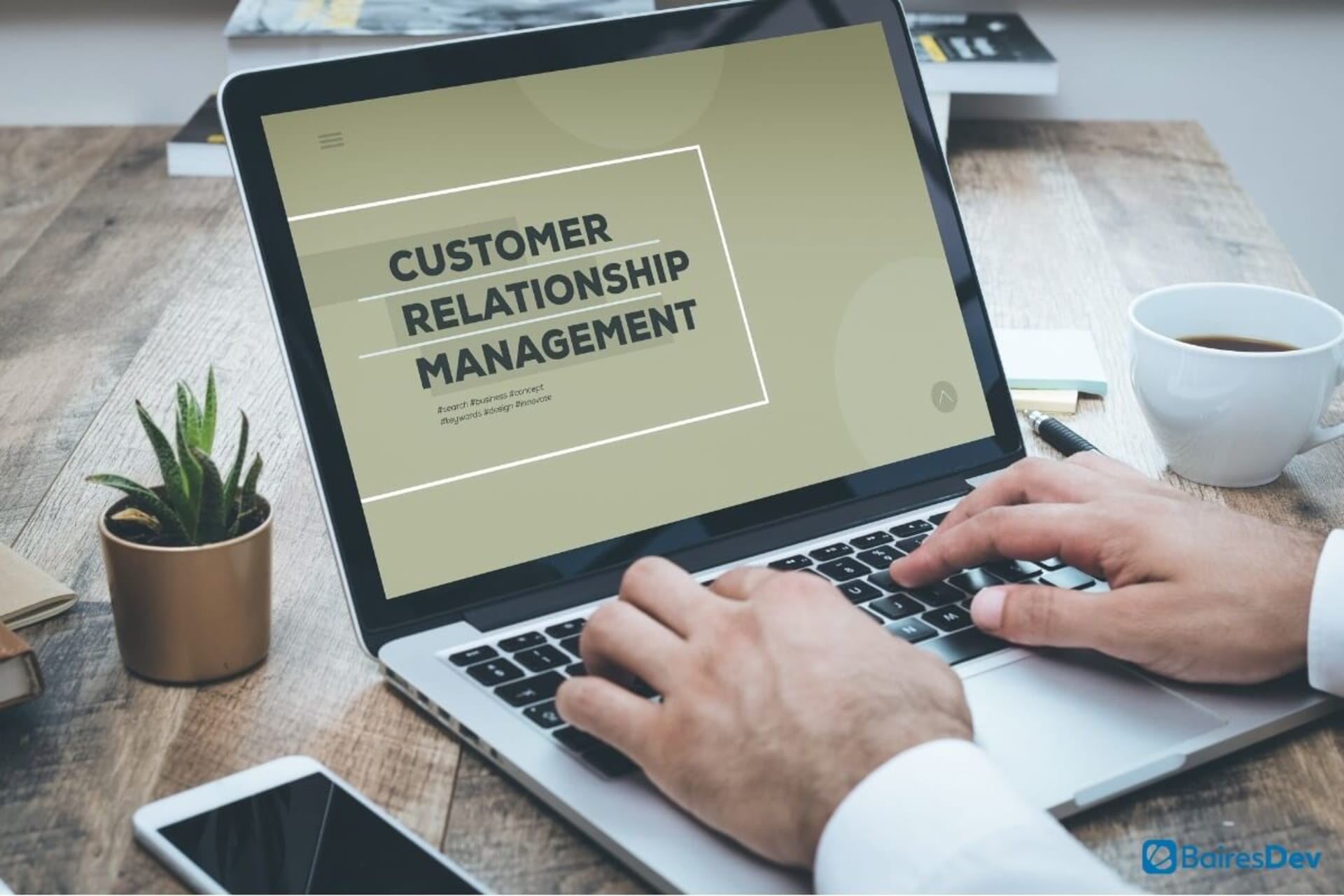If your business has been growing and you’re doing the right thing with your infrastructure to accompany that growth, then you definitely have mobile apps to empower your internal operations. You might have a mobile app package that includes productivity and planning applications coupled with communication and tracking apps. Depending on the complexity of your business, you might even have a whole mobile ecosystem!
Investing in custom enterprise mobile apps to boost your operational efficiency can be a game-changing move. Yet, doing so brings many challenges, such as picking the proper applications to develop or deploying them throughout your workforce. App management can be tricky and you need to pay attention to it if you are to completely leverage your mobile ecosystem. That’s why you need to consider implementing an enterprise app store.
What’s an Enterprise App Store?
The name itself pretty much gives it away, but an enterprise app store (EAS) is a portal or hub where a company puts all its mobile apps, whether they’re for iOS, Android, or other operating systems. The main goal of an EAS is to provide employees with a centralized repository of all the enterprise applications recognized and used by the company.
An EAS is a critical part of mobile app management strategies, mainly because it optimizes the provision and management of the company’s own mobile environment. Using it implies that employees can quickly access the latest versions of the mobile apps they need to carry out their tasks without having to go through any intermediary.
An enterprise app store can serve both corporate and private devices, depending on how the company approaches its device management. If the EAS only serves corporate devices, then people can only access it through previously authorized smartphones and tablets. If it also serves private devices (as part of a bring-your-own-device policy) then employees will need credentials and alternative authentication methods to access the apps.
It’s important to mention that an EAS usually also serves temporary workers and external providers that might need the same apps to properly work with the company that owns the store. Opening the EAS like that means that the store becomes crucial for mobile device management, as it becomes the central point to manage, provide, activate, and control all mobile devices in the corporate ecosystem.
Benefits of an Enterprise App Store for the Company
Developing an EAS might take some time and effort, but doing so can result in several benefits. The most notable include:
- Complete overview of the mobile ecosystem and its use
- Control of costs related to apps
- Customized security for internal mobile apps
- Detailed insights about mobile app use
- Possibility to develop beta tester programs for app improvement and refinement
- Contribution to company’s corporate culture
These benefits become evident from the first day a company launches its EAS. However, you should know that the benefits aren’t guaranteed. For you to enjoy them, you’ll need to properly design and build your EAS, a process that should take into account the following aspects:
- Great UX. The EAS should be easy to navigate and use, have a seamless and smooth performance, and boast an intuitive interface and enough features for users to take full advantage of the hub.
- Detailed information. Just like it happens in commercial and public stores (like Google Play and Apple’s App Store), your EAS should provide enough information about each and every app you put in there. Users should be able to enjoy app previews and descriptions and even have a review system to provide feedback for each app.
- Notifications and updates. One of the reasons why you should have an EAS is to make sure your team uses the latest versions of your corporate apps. That’s why you need to include a notification system that lets users know there are new versions available. Additionally, you can integrate an automatic update system to force the updates on all connected devices.
- Wide device support and compatibility. Unless your company provides the same devices for all employees, the EAS should work seamlessly across multiple devices. What’s more, you should consider having 2 separate areas for Android and iOS users to easily access the apps they need to work.
- Tight controls. Your EAS should be secure and private. That’s why you need a robust authentication system in place that makes sure anyone accessing your store has the permissions to do so.
Enterprise App Stores or Public Stores?
Reading all the above might have you thinking “Why going through all that trouble? I could use Apple’s App Store or Google Play to distribute my apps.” You can certainly do that but it’s better if you don’t. There are several reasons why an EAS is better than public stores.
For one, you want your apps to remain available only to your own employees (and selected partners, if applicable). When you put your apps in public stores, you’re giving anyone the chance to download and dissect your apps. This is a dangerous practice because it opens a vulnerability front through which any malicious actor can study your apps and find breaches to exploit.
There’s also the matter of convenience. While not particularly difficult, forcing your employees to find your apps among the millions of available apps in public stores can be tiresome. Even if you distribute internal lists with all the links to your apps, you’re still asking people to surf a vast platform to find what they need.
Finally, there’s the matter of authorization when publishing apps in public stores. Both Apple’s App Store and Google Play have rigorous processes to submit and publish apps within their platforms. These processes take time and are sometimes tricky to pass, especially if you’re using highly specialized apps. That’s not all—Apple has tighter controls for its store, which even asks you to verify your apps every time you update them.
You won’t have to deal with these issues when you build your own EAS. In there, you define how you upload and distribute your apps while also defining who can access them and how they do so. In that sense, an EAS is far more convenient than public stores.
The Best Option To Manage Enterprise Apps
As you can see, building your own store for your enterprise mobile apps can offer you several benefits. An EAS can provide you with more control over your mobile ecosystem while also providing you with more flexibility to upload and distribute your apps among the users you define. You can even customize the EAS to support your branding and meet your employees’ demands.
In short, an enterprise app store is an easy way to make sure your team has the tools and resources they need without having to deal with the hassle of public stores. That’s a major advantage for a company that’s growing and needs better mobile management, so be sure to consider the option or even take things further and discuss with a mobile development company what an EAS for your business would look like.






